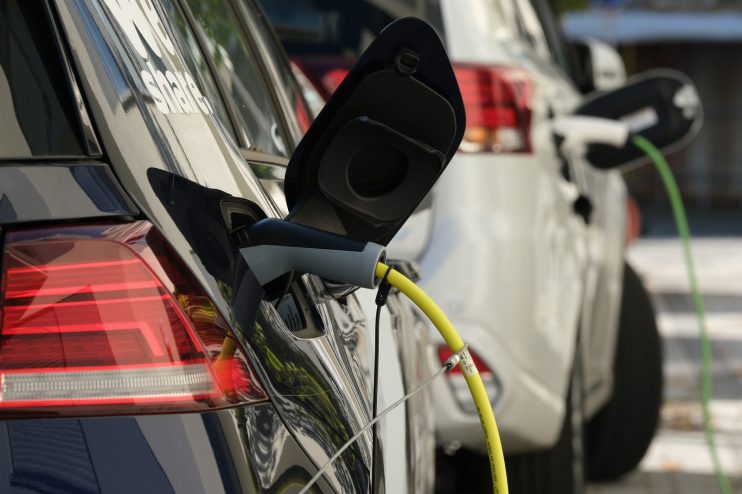EU pushes ban on petrol cars ahead of climate summit

Bans on the sales of new cars powered by fossil fuels, expanding CO2 absorbing “sinks” like forests, and setting binding emissions cutting goals are the latest climate policies on the European Union’s (EU) agenda ahead of COP 27 next month.
The three policies being fast-tracked are part of a bigger package of policies being negotiated by EU countries and the European Parliament.
The bloc is looking to bolster its approach to climate change by tightening laws in time for the global summit in Egypt, so it can arrive with newly ambitious climate policies, according to Reuters.
They are designed to deliver the bloc’s overall goal to cut net emissions by 55 per cent by the end of the decade compared to 1990 levels.
“The EU has to be the bridge builder and you can only build bridges if you are seen as ambitious yourself,” said EU climate policy chief Frans Timmermans.
In particular, the CO2 sink law is considered a roundabout way of hiking the EU’s climate target.
If achieved, it could cut countries’ overall net emissions by 57 per cent, according to EU lawmakers.
Ville Niinisto, Parliament’s negotiator on the law, said having a deal before COP27 would show the EU “will do more than we promised”.
Jessica Polfjard, Parliament’s negotiator on the national emissions-cutting targets, said she wanted a good deal rather than a quick deal. “At this stage I remain confident that I can deliver both.”
Nearly 200 countries agreed at last year’s UN COP26 negotiations in Glasgow, Scotland to upgrade climate pledges by this year’s summit.
The aim is to bridge the gap between their current plans and the far faster reduction in greenhouse gas emissions needed to avert the worst affects of climate change.
However, two weeks away from the COP27 summit in Egypt, only around 20 countries have done so.
The 27-country EU will decide this week whether to commit to raise its own targets.